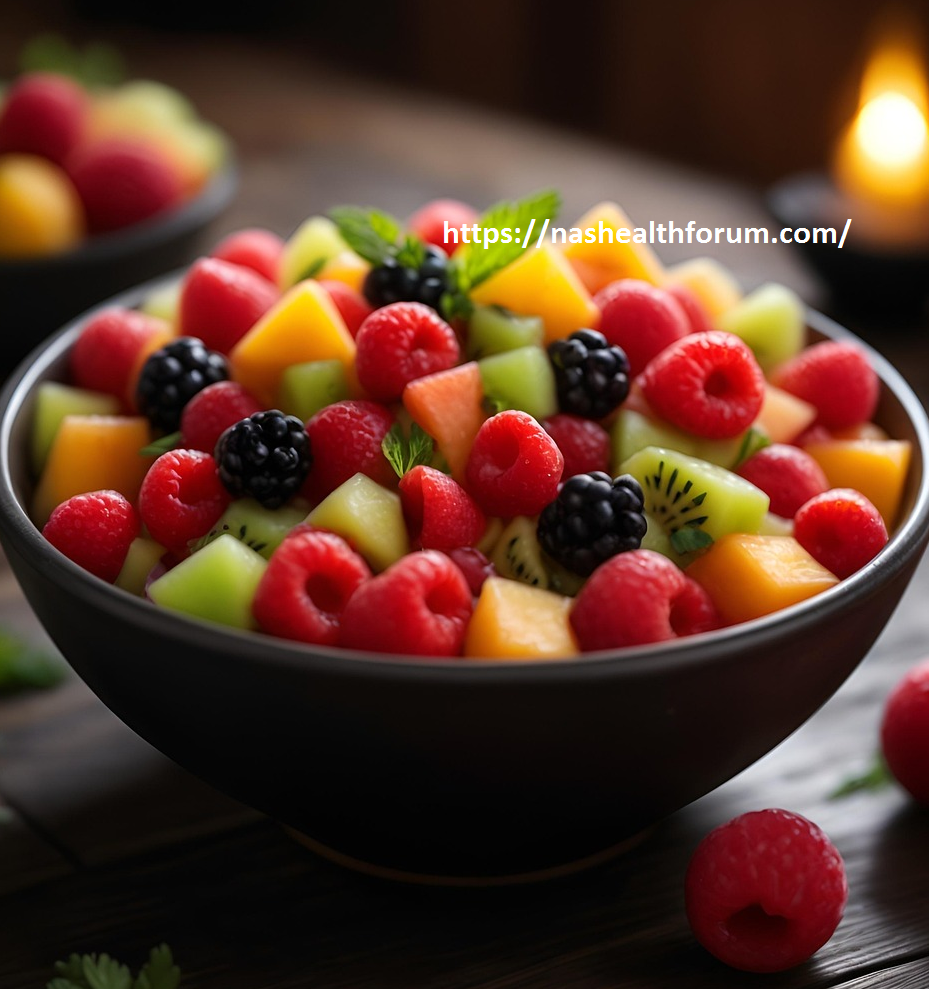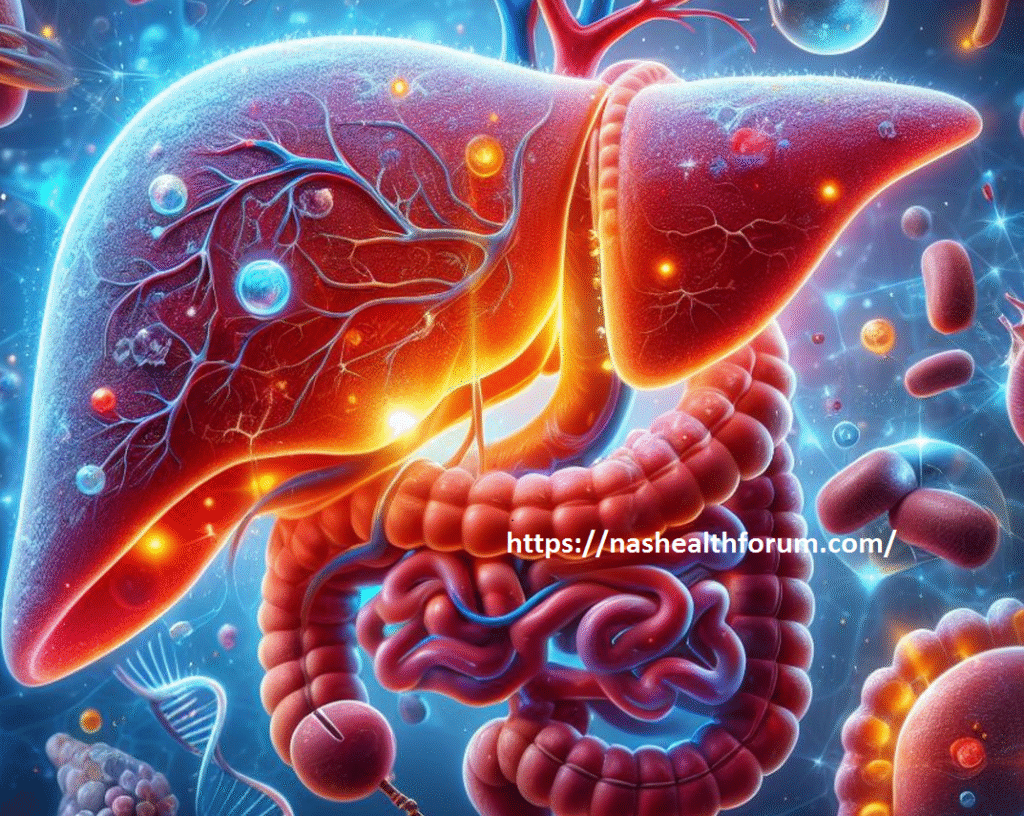
Gut Health is the outward manifestation of how well you’re intestinal tract functions and the overall equilibrium of bacteria and other constituents of your intestines that shape how food is broken down, nutrients absorbed and waste is removed. But when this delicate balance of bacteria, yeast and other microorganisms inside the gut is disturbed, you might experience symptoms such as bloating, gas, constipation, and diarrhea.
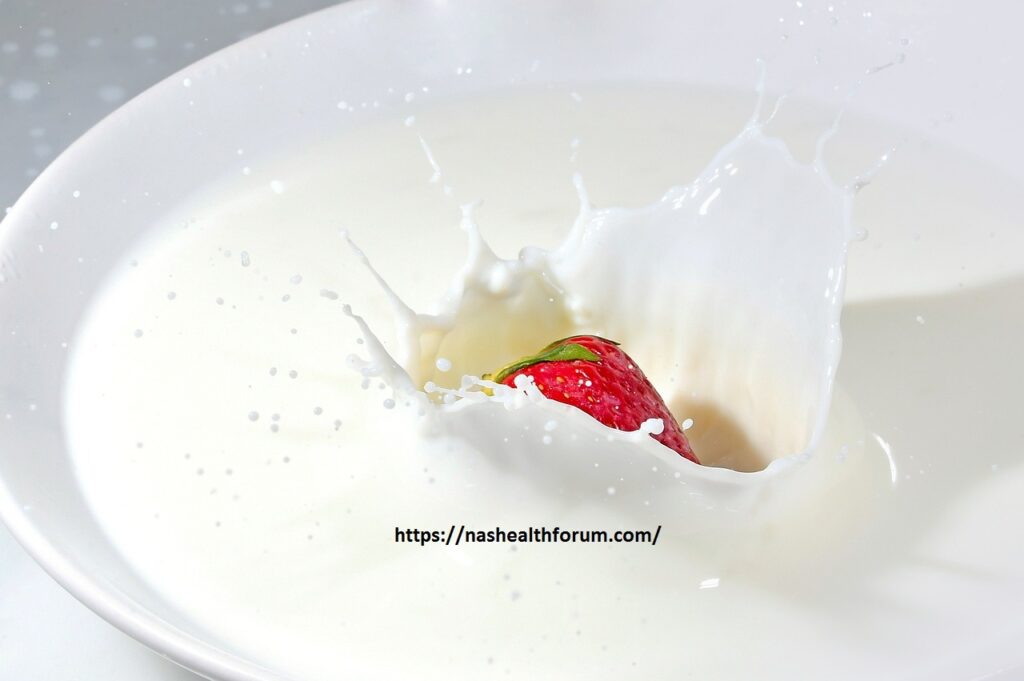
I also find people do things chronically that undermine their gut health, such as eating very low-fiber, highly processed diets and eating the very same thing over and over again; chronic stress, chronic sleep deprivation, chronic use of antibiotics which really wipe out the balance of good bacteria in your gut.
Table of Contents
The good news is the equilibrium you need to restore isn’t queued up on the shelves in pill, but inside you and a few manageable up tweaks to the way you eat and live. And that’s to eat as much fiber as you can and as varied as you can, eat fermented foods, eat as much whole food as you can, don’t be totally sedentary, don’t be stressed, move and be physical and sleep well. Beyond simply supporting a healthy digestive system, these habits feed your body’s overall health.
Still, much attention is focused on the gut microbiome, a community of trillions of microorganisms (bacteria, fungi, viruses) that reside in your digestive tract.
When gut health is a top priority:
Digestion and nutrient uptake are happening as they should be.
- The immune response is working right.
- Inflammation is controlled.
- Hormonal equilibrium is sustained.
- Mental health is enhanced (gut-brain).
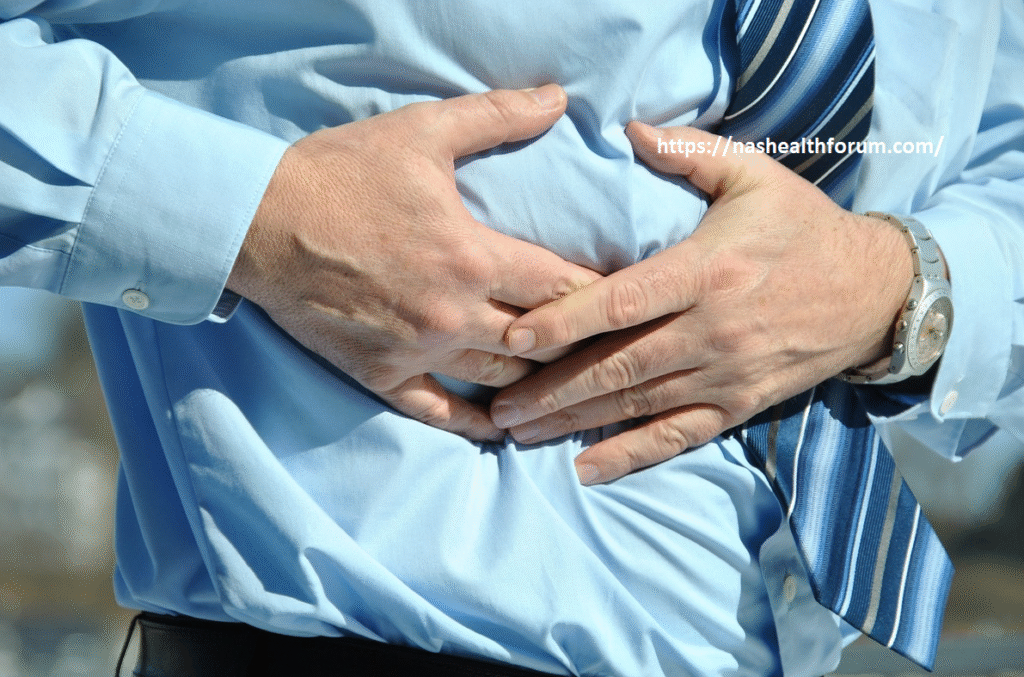
Signs of Poor Gut Health:
A dysfunctional gut can present in other ways beyond digestion:
- Recurring bloating, gas,or diarrhoea
- Food intolerances
- Constant fatigue
- Recurrent infections/weak immunity
- Unexplained weight gain or weight loss
- Acne or skin inflammation
- Feeling anxious, depressed, or foggy-headed
- Autoimmune conditions
Causes of Poor Gut Health:
Several things can upset the complex equilibrium between the good and bad bacteria in your gut and cause poor gut health:

Poor Diet
A diet high in ultra-processed foods, sugar, refined carbs, and chemicals can also damage good bacteria and encourage harmful bacteria to flourish.
Overuse of Antibiotics
Antibiotics kill off harmful bacteria, but they also kill off good bacteria in the gut, throwing off the balance of the microbiome.
Chronic Stress
Chronic stress can slow the movement of the gut, decrease blood flow to the digestive system and compromise the gut lining.

Lack of Sleep
Disrupted sleep is associated with lower microbial diversity and heightened inflammation.
Sedentary Lifestyle
Being sedentary slows digestion and can harm gut microbiota diversity.
Environmental Toxins
Heavy metals, pesticides and chemicals can disrupt the ecology of our microbiome and cause damage to the gut lining.
The Gut-Brain Connection:
The gut and brain converse with each other through the gut and brain alliance that includes a few hormonal, neural, and protected routes. The gut produces 90% of the neurotransmitter serotonin, responsible for mood.
That’s why the health of your gut is affected:
- Mental clarity
- Stress response
- Mood swings
- Anxiety and depression
Natural Solutions for Healing the Gut:

Eat a Gut-Healing Diet
The foundation of a healthy gut is a diet high in nutrients and low in inflammation. Here are the food groups and nutrients that are known to have a significant impact:
High-Fiber Foods.
Fibre is a fertilizer for good bacteria and becomes essential in establishing a robust gut lining.
Some examples are: oats, legumes (lentils), broccoli, berries, and flaxseeds.
Prebiotics are a kind of fibre that serves as food for pro-biotics.
Foods: garlic, onions, leeks, bananas, asparagus, chicory root
Probiotic foods support the progress of valuable bacteria that live in the gut.
What to include: Good sources of probiotic foods include yoghurt containing live cultures.

Bone Broth
Collagen and amino acids like glutamine aid gut lining healing and are abundant in bone broth.
Fermented Foods
These re-seed the gut with beneficial bacteria and help absorption.
Examples: Fermented drinks and pickles, etc.
Avoid Gut-Damaging Foods:-
- Processed sugars and artificial sweeteners
- Processed foods
- Fried foods
- Alcohol
- Red meat in excess
- Stay Hydrated
Water aids in efficiently passing food and waste through your digestive tract. Try to drink eight to ten glasses of water each day.
Exercise for Gut Health:
It’s not just for muscles: Exercise also shapes the gut microbiome.

How Exercise Helps:
- Increases microbial diversity
- Once again, this strengthens that gut barrier.
- Reduces inflammation
- It also enhances the digestion and absorption of nutrients.
- Increases mood through serotonin control
- Best Workouts For Gut Health:
- Walking (30–45 min daily)
- Promotes bowel movement and digestion, especially after meals.
- Yoga and Stretching
- It helps to lower stress and improve the blood supply to the abdomen.
- Try poses like:
- Pose of wind-release (Pawanmuktasana)
- Cat-cow pose
- Seated forward bend
- Strength Training
- More moderate weight lifting can lower belly fat, which can be tied to inflammation and poor gut health.
Aerobic Exercise:
Do 3–4 days of running, swimming or cycling a week, which increases metabolism and good bacteria.
Manage Stress:
Stress is terrible for your gut because it changes the microbiome and leads to inflammation.
Stress Reduction Techniques:
- Meditation and mindfulness
- Deep breathing
- Nature walks
- Therapy or Counselling, when necessary
- Prioritize Sleep
- Quality 7-9 hours of sound sleep also contributes to adequate control over gut microbe and digestive lining regulation.
- Tips for Better Sleep:
- Avoid screens before bed
- Stick to a good sleeping pattern
- Limit caffeine after noon
- Make your bedroom dark and keep it cool
- Another one you should have a look at is the Gut-Health Supplement
- While food is always best, some supplements can help rebalance the gut, particularly after antibiotic usage or if dealing with chronic digestive problems.
Recommended:
- Probiotic capsules (multi-strain, 5-10 billion CFUs)
- Prebiotic powders (inulin, etc.)
- L-Glutamine (for repairing the lining of the gut)
- Enzymes (For bloating, food intolerance)
Note: Seek advice from the doctor before you begin this or any new supplement.
- Avoid Overuse of Medications
- Limit unnecessary use of:
- Antibiotics
- NSAIDs (like ibuprofen)
- Antacids (like PPIs)
- These drugs can have a direct negative impact on your gut lining and microbiome.
- A Sample Day for Gut Health
A day in the life of a gut-friendly individual might look like this:
Morning:
- Warm lemon water
- Chia seed and banana oaty mixed with kefir
- Light walk or yoga
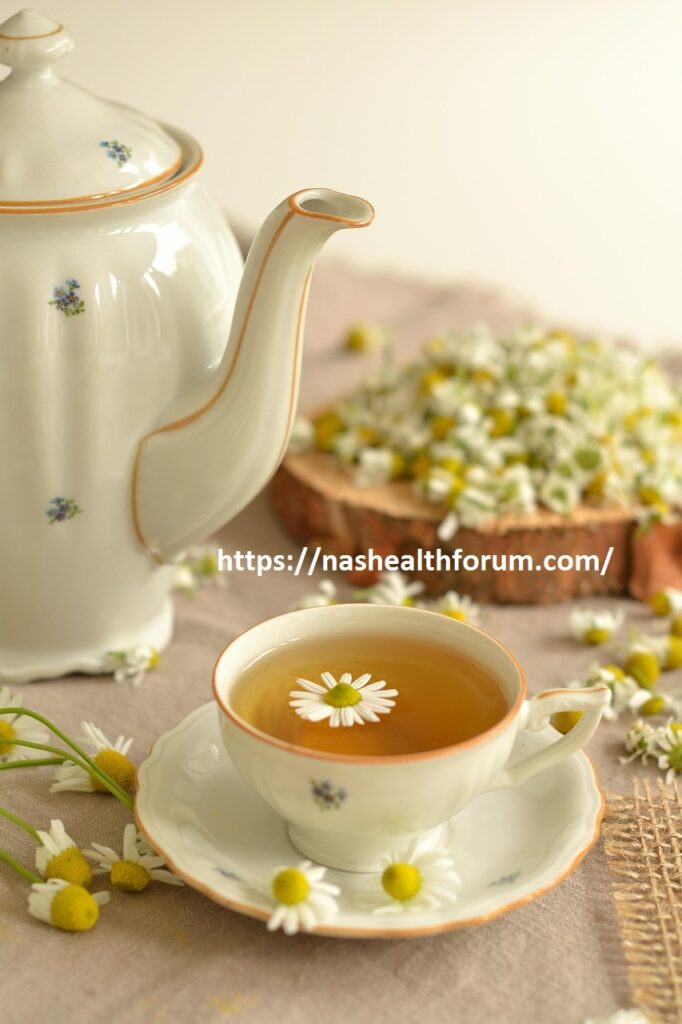
Mid-morning:
- Green tea
- Handful of almonds
Lunch:
- Quinoa 1 cup with sauteed veggies (onion, garlic, spinach)
- Fermented pickles or sauerkraut for serving
Snack:
- Apple with peanut butter or bone broth
Dinner:
- Grilled salmon with sweet potatoes and steamed broccoli
- Herb tea (such as chamomile or peppermint)
Before bed:
- Journaling or meditation
- 8 hours of restful sleep
Conclusion:-
Gut health is the cornerstone of whole-body health. When the gut is good, so is digestion, immunity, energy, skin and mood. Good recipe of fiber-rich foods, mood-supporting physical action, sufficient sleep, and normal stress management, you can feed your bacteria and reap the lifetime benefits of a healthy microbiome.
Consistency is more important than perfection.Start cautiously, and your gut and body will appreciate it soon.
